They will make the forum with us
Alberto Acosta
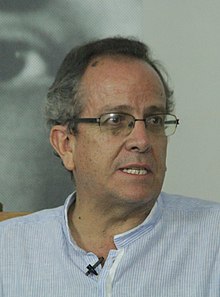
Economist
Ecuadorian economist. Grandfather. Minister of Mines and Energy (2007). President of the Constituent Assembly (2007-2008). Judge of the International Court of Nature Rights. University professor. Companion of struggle of social movements. Author of several books.
ECUADOR
Fathia Ben Slimane
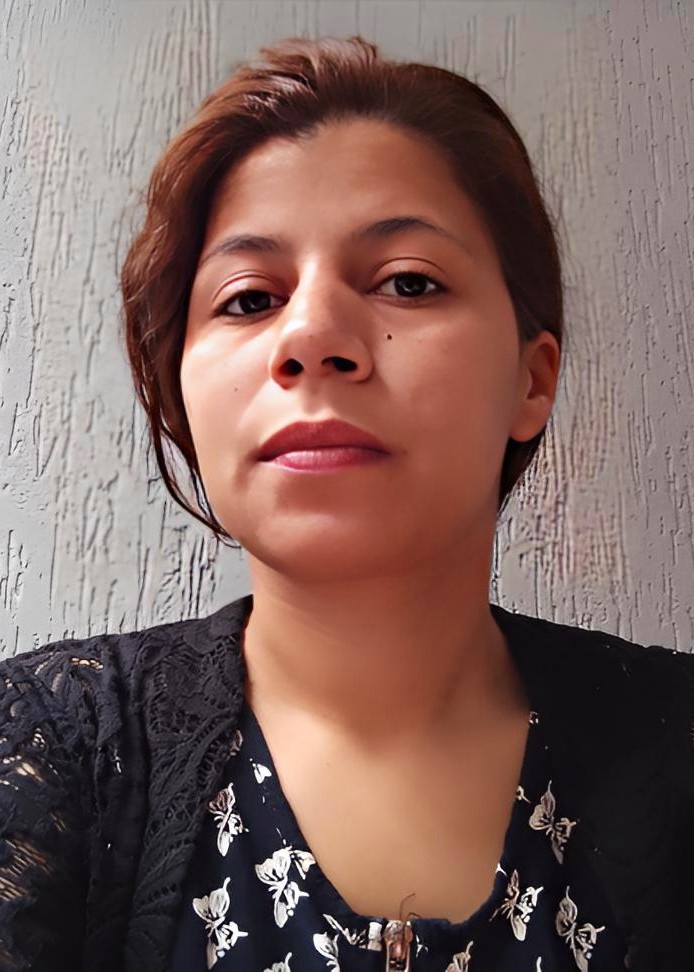 Analyst at the Tunisian Economy Observatory
Analyst at the Tunisian Economy Observatory
The Tunisian Economy Observatory is a civil society organisation dedicated to enlighten citizens through independant, stringent, documented and critical information on economic policies and their impact on the development. The process singularity is to adopt a multidisciplinary approach of economic policies (historical, geographical, geopolitical, social, legal approach). Fathia Ben Slimane works on the collection and critical analysis of economic data on themes related to the OTE research axes.
TUNISIA
María Estela Barco Huerta
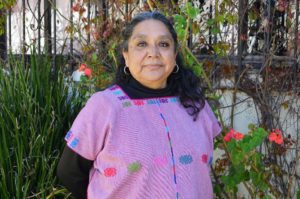 Coordinator of DESMI
Coordinator of DESMI
A social worker by profession, Maria Estela has 46 years of experience supporting indigenous peoples in Chiapas. She has been working at DESMI for 29 years doing administrative work, area manager and currently the coordinator of the operational team.
The mission of DESMI is to promote solidarity economy, sustainable agriculture, collective work and alternative trade, from the perspective of gender equity, with indigenous and peasant communities of the Tsotsil, Tseltal, Ch’ol and Métis ethnicities of the northern areas, Southern and mountainous Chiapas. DESMI contributes to the food security and sovereignty of communities, to strengthen the autonomy of peoples, build relations of respect, solidarity and equity between people and with Mother Earth.
MEXICO
Cecilia Carozzo
Member of the Ecumenical Federation of Cuyo (FEC), coordinator of the team of Feminisms and Territories and member of the Coordinating Board of the field of Popular Education. Member of the Mercosur Social and Solidarity Platform as National Administrator of the Argentine Table and member of the Women’s Rights axis.
The FEC association in Argentina aims at the development of social organization, collective action, critical thinking, equality and social justice, the promotion of human rights and the fight against all forms of discrimination and oppression. Acts at the level of popular education, human rights, and maintains a centre of documentation and archives. The FEC, belongs to the PMSS network (Mercosur Social and Solidarity Program) of 16 NGOs, covering Chile, Brazil, Uruguay, Paraguay and Argentina. The PMSS seeks to contribute to regional social integration, valuing the contributions of social organizations and movements that work for democratic processes, advances and achievements in economic, social, political and cultural rights.
ARGENTINA
Nestor Cuellar Alvarez
Agronomy Engineer, CIPCA Regional Director
Specialist in sustainable rural development, irrigation, AIOC and strategic planning.
The CIPCA provides technical assistance to the Guarani people at all levels in particular concerning autonomy, territorial management, economy, production, natural resources, gender equality.
BOLIVIA
Joaquin Dionicio Guzmán
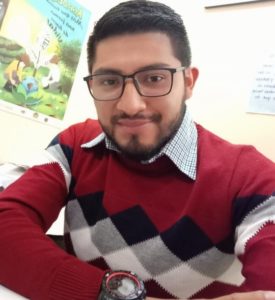 Trainer within the SERJUS organisation
Trainer within the SERJUS organisation
Facilitator of training processes in food sovereignty, agroecology and community organization within the SERJUS organisation.
SERJUS works to promote the recognition and respect of traditional forms of exercise of power, promoting the participation of indigenous peoples as socio-political actors. The general objective of SERJUS is to improve the living conditions of communities and to promote their participation in democratic and civic construction..
GUATEMALA
Roger Folikoue
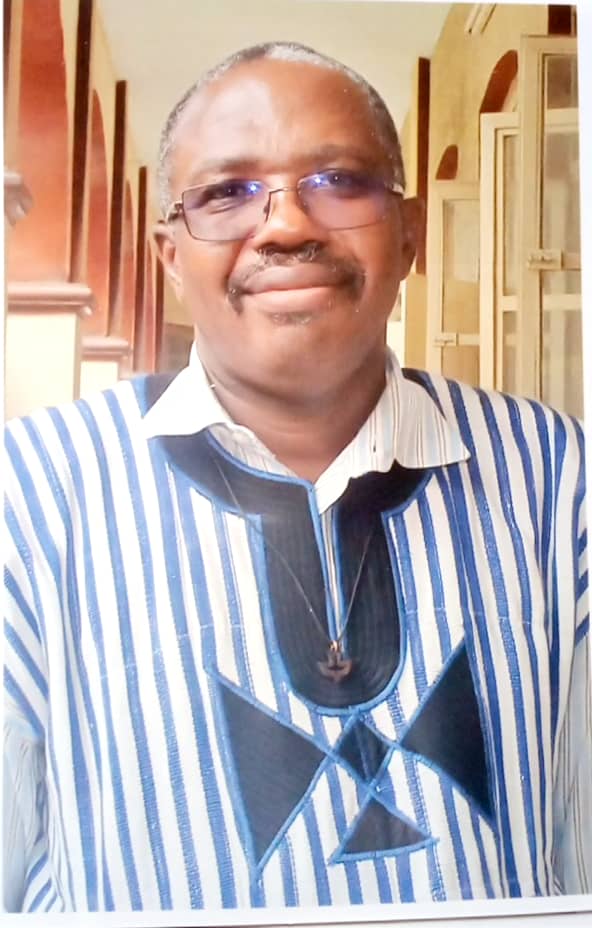 Political philosophy research professor at Lomé University, member of Togo social universities
Political philosophy research professor at Lomé University, member of Togo social universities
The Social Universities of Togo (UST), a platform of fifteen civil society organisations, works for the good governance and the advent of a true democracy in Togo and Africa. The UST conducts a work of information and training of citizens in order to give them the means to exercise their right of citizen control, and offer critical analyses of the current problems of Togo, Africa and the world.
The UST have been organising meetings on social justice and equity, decentralisation, citizen engagement, shared governance and development; two sub-regional summits on the CEDAO Additional Protocol on Democracy and Good Governance.
The analysis of current African civil society reveals a need: spaces for exchange that give citizens the opportunity to reflect together and act for the common good. This is the vision of the UST, which is why every citizen is grasped as an actor of change in their environment. ‘
TOGO
Method Gundidza
Born in Zimbabwe, Method works passionately on the resurgence of traditional seeds, traditional farming practices, indigenous knowledge and sacred natural sites. He accompanies and advises peasant communities, especially women, to achieve food sovereignty, within the Earthlore association.
EarthLore is working in South Africa and Zimbabwe to strengthen the resilience and cohesion of communities all very important to navigating the effects of the polycrises we face in today’s world. By reviving Indigenous ways of understanding, we foster harmony with nature and harmony with ourselves, improving our well-being.
SOUTH AFRICA
Faustino Guzman Cruz
Faustino works within DESMI for the food sovereignty of peasant and indigenous communities in the state of Chiapas, Mexico. Agro-ecological milpa system, backyard production system and agro-ecological management of coffee trees, the 3 living spaces of seed production that are the bases of food sovereignty.
The mission of DESMI is to promote solidarity economy, sustainable agriculture, collective work and alternative trade, from the perspective of gender equity, with indigenous and peasant communities of the Tsotsil, Tseltal, Ch’ol and Métis ethnicities of the northern areas, Southern and mountainous Chiapas. DESMI contributes to the food security and sovereignty of communities, to strengthen the autonomy of peoples, build relations of respect, solidarity and equity between people and with Mother Earth.
MEXICO
Dasho Karma Ura
Established in 1998 by the Government of Bhutan, the CBS is an inter-disciplinary research institute in the social sciences,
who conducts research on the study of social, cultural, economic and political well-being in Bhutan. He conducts investigations
Growth National Happiness (Bonheur National Brut-BNB) indicator and in product
analysis reports. He regularly co-organizes international conferences on the NBB.
BHUTAN
Vivian Labrie
Vivian Labrie is an independent researcher associated with IRIS and the ÉRASME research team in Quebec. Engaged from the 1990s on in actions and work aimed at a Quebec without poverty, she is interested in the social and fiscal pact, income inequality, the construction of cross-knowledge involving people in poverty, in the perspective of a well-beinglive better shared.
QUEBEC
Sandra Elizabeth Montejo Caba
Sandra Elizabeth is a Maya woman Ixil-Popti’, resident of the municipality of Ixcán, Quiché, Guatemala. She believes in the need to create social justice for young women of different indigenous and Métis peoples on equal terms.
SERJUS works to promote the recognition and respect of traditional forms of exercise of power, promoting the participation of indigenous peoples as socio-political actors. The general objective of SERJUS is to improve the living conditions of communities and to promote their participation in the construction of democracy and citizenship.
GUATEMALA
Pegah Moulana
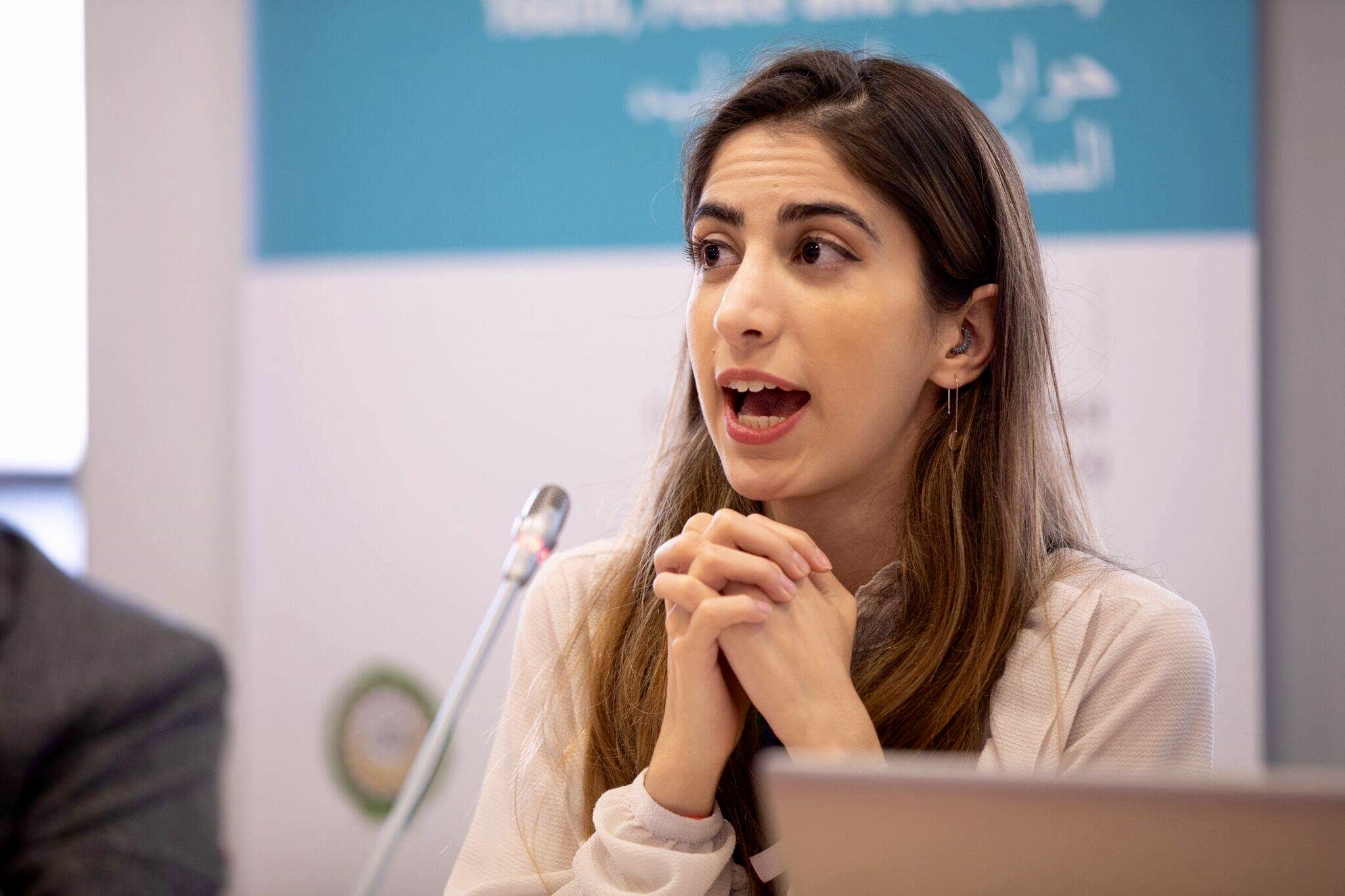 Youth and Environment Europe Advocacy Coordinator
Youth and Environment Europe Advocacy Coordinator
Pegah is a young advocate and is currently Advocacy Coordinator at Youth and Environment Europe, an international NGO based in Czech Republic. Her work focuses on leading a Leadership Programme with a group of motivated and talented young people across Europe. She has started her work from the age of 11 and has since worked towards voicing the concerns of young people to decision making bodies, including local, national and regional institutions such as European Union and the Council of Europe.
UNITED KINGDOM
Cécile Renouard
 Teacher-Researcher and President of the Transition Campus
Teacher-Researcher and President of the Transition Campus
Co-founder of the Campus de la Transition, Cécile Renouard is also a professor of philosophy at the Centre Sèvres (Jesuit faculty in Paris) and teaches at the Ecole des Mines in Paris and at ESSEC.
FRANCE
Jean - Paul Sagadou
Jean Paul Sagadou is currently a journalist with the Bayard Afrique press group in Côte d’Ivoire. He is the initiator of the Youth Network for African Integration which organizes African Integration Trips (V.I.A). He recently launched the Ubuntu Workshops (A.T.U).
BURKINA FASO
Patrick Viveret
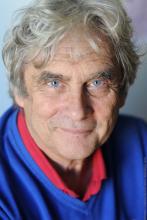 Philosopher
Philosopher
Former adviser to the Court of Auditors and member of
several citizen movements. He has published many
books and reports for a new approach to the
wealth, including “Rethinking Wealth”, L’Aube, 2003.
FRANCE
Valerio Paucarmayta
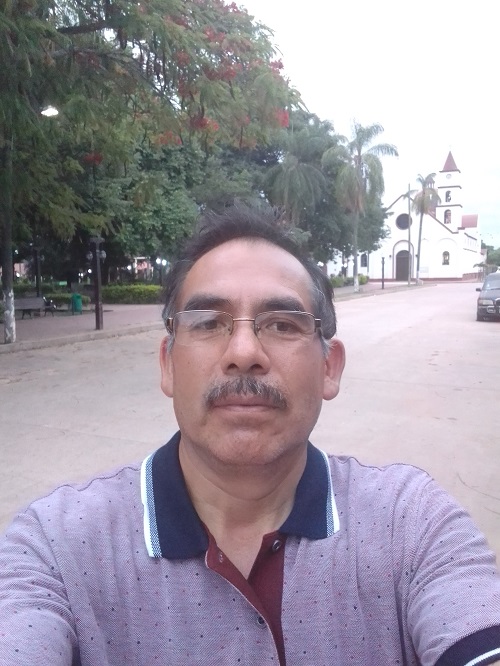 Economist, TAPSA programme coordinator
Economist, TAPSA programme coordinator
Regional coordinator of the TAPSA Programme (Transition towards a peasant agroecology dedicated to food sovereignty)
PERU
